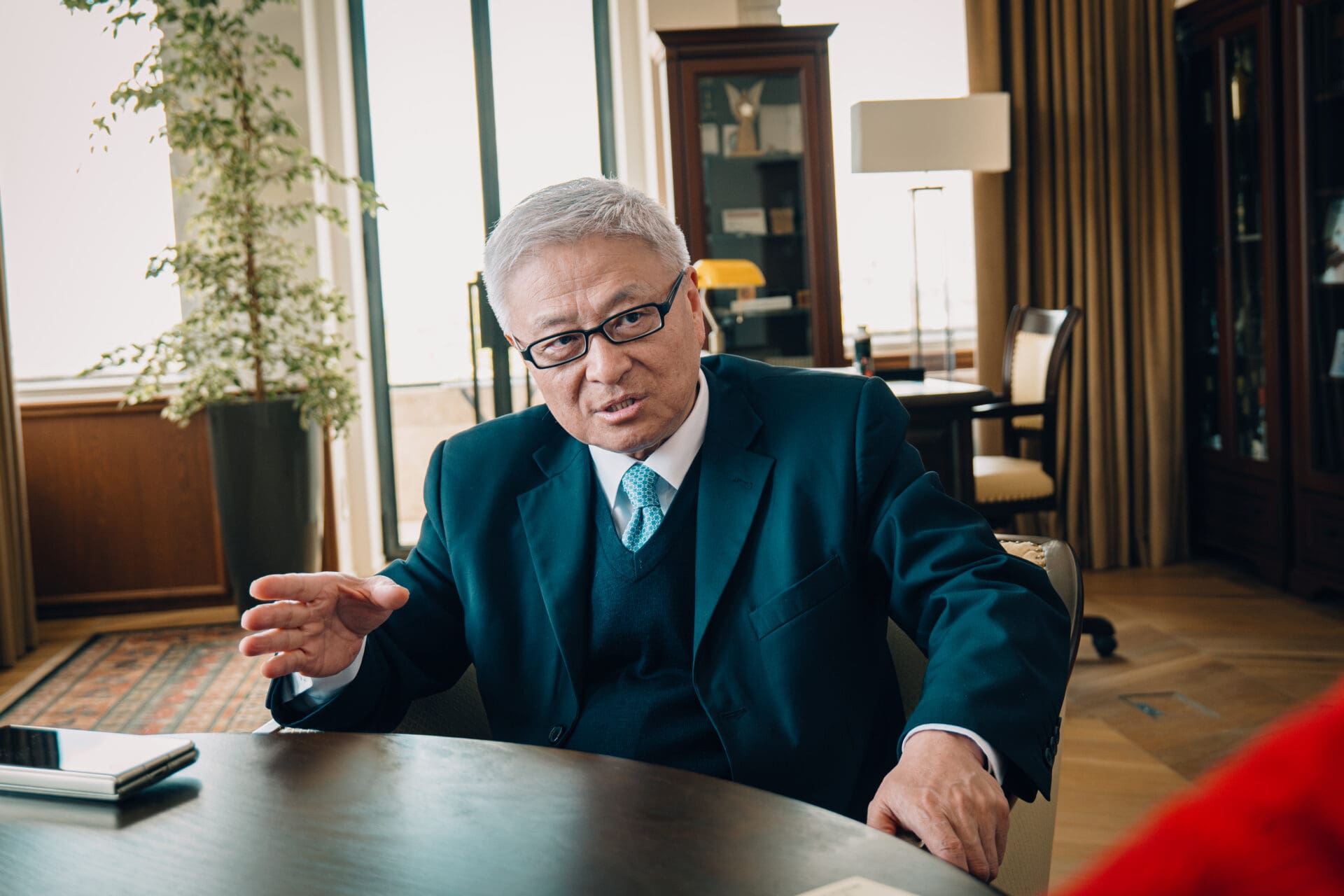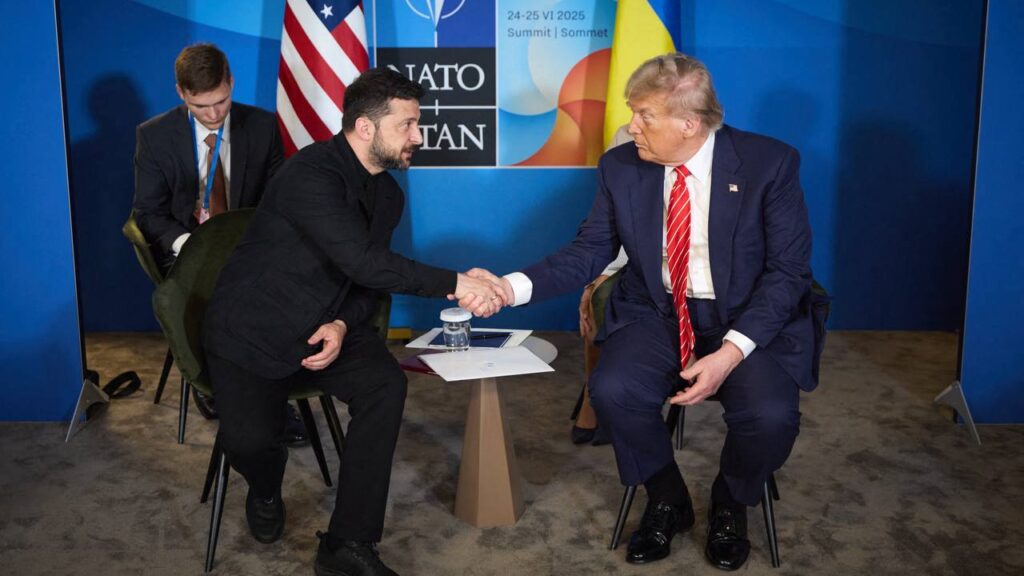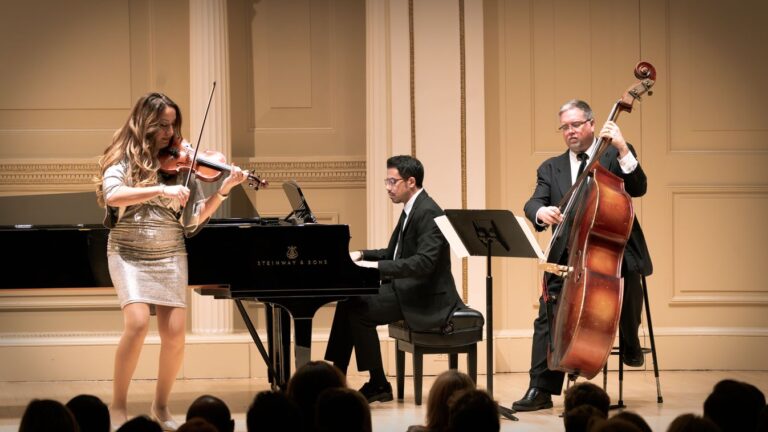‘Hungary should consider how it can shape the Central and Eastern European region because the country is in a good position to initiate some proposals to its neighbours regarding what steps to take to reduce the harmful effects of the war in Ukraine’, Yan Xuetong, a distinguished professor, told Hungarian Conservative following his recent lecture delivered to a packed audience at the Danube Institute. The Dean of The Institute of International Relations at Tsinghua University emphasized that the Central and Eastern European region needs to agree on what the long-term interests of the countries in the region are in the shadow of the war.
***
How has China’s view of the world shifted in the last decade?
In my view, we are living in the age of a centennial change, the like of which we have not experienced for a long time; that is, this change is dramatic, which is unfavourable for China’s development, rise, and national rejuvenation. Personally, I think that this global trend has a negative impact not only on China but also on humanity and on human beings because the current trend represents counter-globalization, which means less international cooperation. In terms of economy, many policies of decoupling and deglobalization reduce international interdependence.
From a political perspective, counter-globalization means less respect for the norms of human rights, sovereignty, and, lastly, interests in global governance.
That means there are a lot of severe problems that should be addressed, like climate change, food shortages, healthcare problems, aging population–human beings have to face these global issues. Unfortunately, we do not see any concerted effort to address these problems in international relations or in a global level.
International relations theories often identify you with the moral realism framework. What is it about?
Moral realism regards leadership as an independent variable, which explains the changes in international politics at the system level. Morality is a value: according to different moral values, we can see different types of leadership. This different type of leadership will result in different strengths of preference, the different strengths of preferences will lead to a completely different policy, and this will lead to different results in the global order. This sounds a little bit complicated, but I can make it simple because a look at the history of the 20th century shows that no modern ideology has been able to maintain itself as an international mainstream value for more than three decades. Rather, several modern ideologies have become elevated to such a status, including nationalism in the 1910s, fascism in the 1930s, communism in the 1950s, nationalism again in the 1960s, and liberalism in the 1990s.
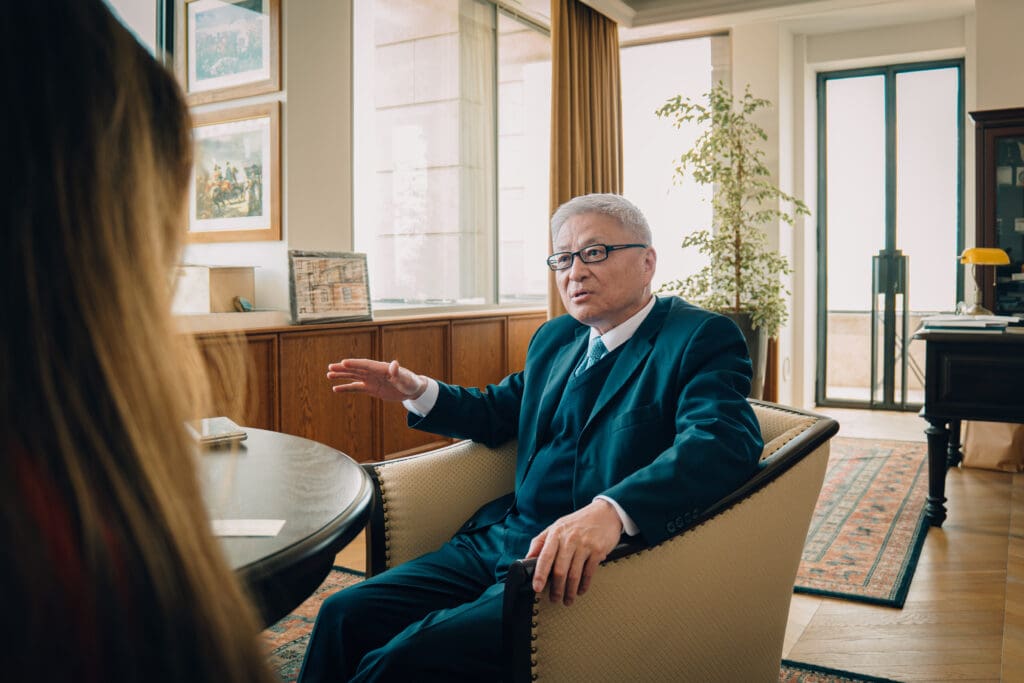
Now we see that a populist leadership has emerged. But let’s understand: the liberal leadership that emerged after the Cold War preferred globalization because it encourages international cooperation. Now, the populist leadership does not sympathize with a foreign company investing in the given country, they regard foreign investors with fear, and rather say no to the opportunity. Including the EU, which also considers establishing its own internal supply chain in order to reduce international economic interdependence with the rest of the world. That is why we need moral realism and a new kind of leadership that prefers re-globalization and makes the world a better place.
This year’s United States presidential election offers a choice between two completely different leadership paths. What scenarios do you expect?
This is a very serious issue, but it is actually consistent with the explanation of moral realism. It is enough to ask the question: why are the leaders of the European states, or even the Koreans and the Japanese, worried about Trump? Precisely because he is a completely different type of leader than Biden.
For Trump, he made it clear that he treats American economic interests as a priority rather than America’s global leadership role.
Biden, in contrast, prioritized American global dominance rather than American national interests. The two American presidential candidates, therefore, have different strategies, which is why America’s allies are worried that Trump may win the November presidential election. This case illustrates why we need to use moral realism as a theory to explain the current world.
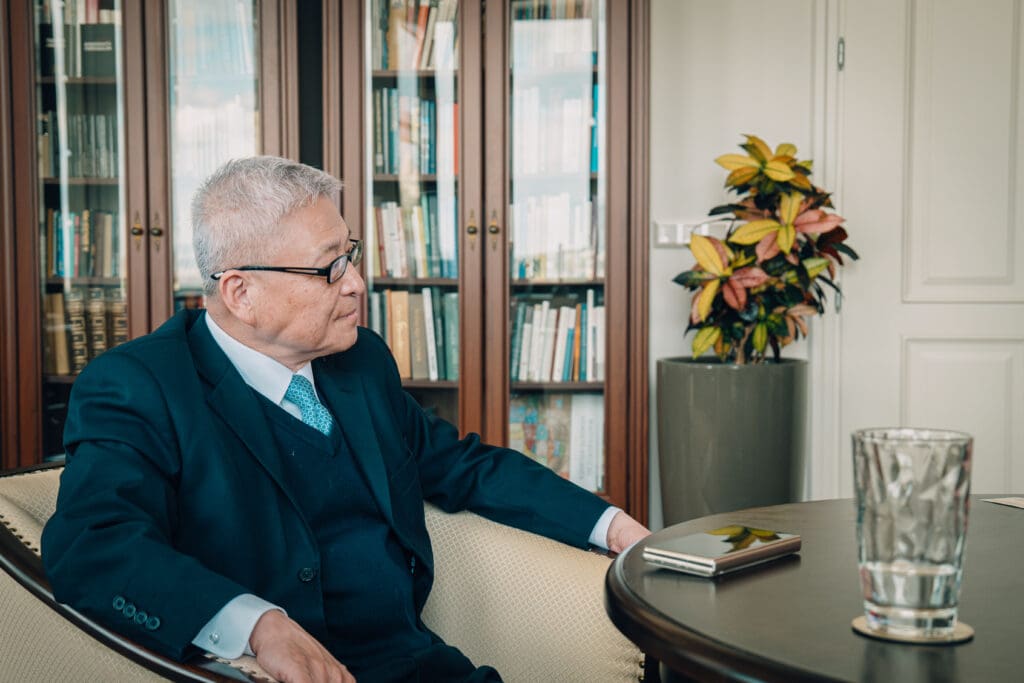
Does it bother you when the Western world blames China for its lack of democracy?
Of course, it bothers me. China is usually criticized for not adopting the Western political system. But according to my interpretation, the reason for this is simply that the Chinese political system was not created by the Cold War, but by the Communists coming to power in 1949. But when they need China, they argue that systemic differences are not a problem. They talk about strategic collaboration like Nixon did in the 1970s when he argued that we should put aside ideological and political differences and be allied partners against the Soviet Union. But when they have a problem with China for some reason, political differences are again used as an excuse to criticize China, and an often-voiced argument on their part is that China is not a democracy.
Democracy is instrumentally being used as a tool against China.
What do you think about the war in Ukraine and the Western world, more precisely, NATO and the EU’s reaction to it? Is it possible to predict the outcome?
I came to Budapest straight from the Delphi Economic Forum held in Berlin, where I found that more and more Western Europeans realized neither side could win this war in the short term. Neither the Ukrainians nor the Russians. In other words, a long-term war must be expected. So the question is whether the Western Europeans or, let’s say, the Europeans how long want to support the war. The second most important question is what advantages the Europeans could gain if the war continued. These realistic and practical questions should be on the decision-makers’ tables. However, there is a significant difference here because the decision-makers sitting in the White House are not interested in how long the war will last; in fact, they are preparing for a long-term conflict. But not the European decision-makers. I cannot answer the question of what possible outcomes the war will end with, but based on the trends, three things are certain. The first is that this conflict will not end in the short term. The second is that the goal must be to reach a peace agreement, and – third – if both sides agree to this, then a ceasefire can take place.
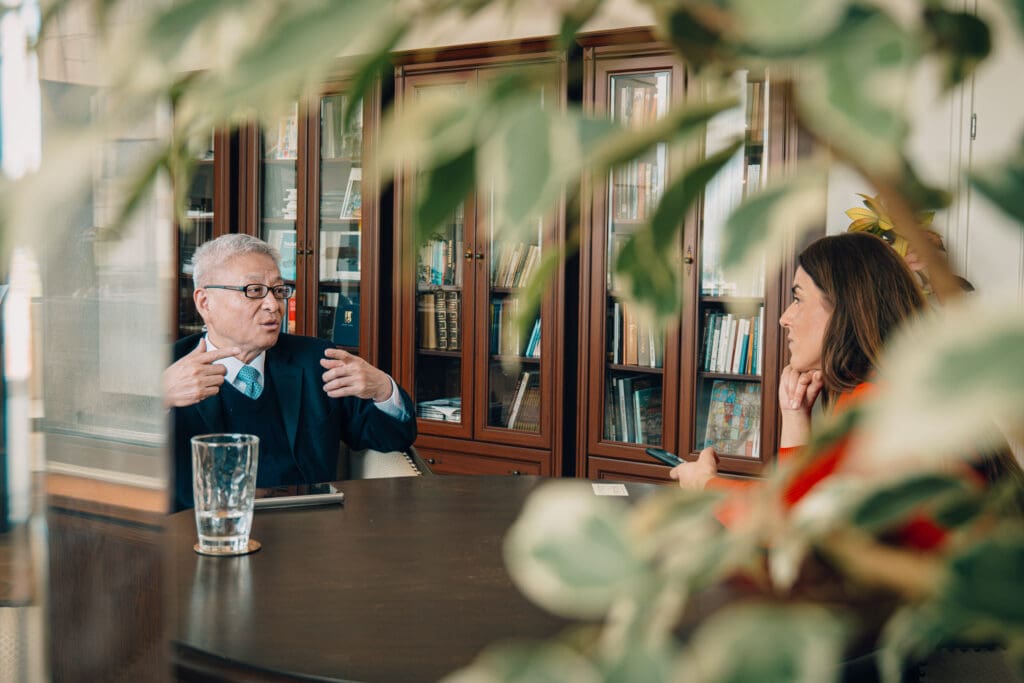
What role can a small country like Hungary play in the changing global world order?
The United States or China cannot shape the global order on their own, and Hungary alone is not capable of having a say in significant processes. Therefore, Hungary should consider how it can shape the region in which it is located. I don’t necessarily mean Europe when I talk about a region, but rather Central or Eastern Europe. I believe that every country needs to adopt a policy that is consistent with its capability. Therefore, Hungary must play a role in ensuring that its Central and Eastern European neighbours also understand the trends of the war in Ukraine and understand the consequences of the war for their own region if the war continues for another five or even ten years. Hungary has the ability to initiate some proposals to its neighbours regarding what steps to take to reduce the harmful effects of the war. Not only are Hungarian interests at stake, but the same burden falls on the entire region, and the burdens are easier to bear together. The region needs to agree on what the long-term interests of the countries in the region are in the shadow of the war in Ukraine, and more importantly, the countries need to come to a platform on how to achieve common goals and protect their own interests.
Read more on Professor Yan’s Budapest lecture and China–Hungary relations:

